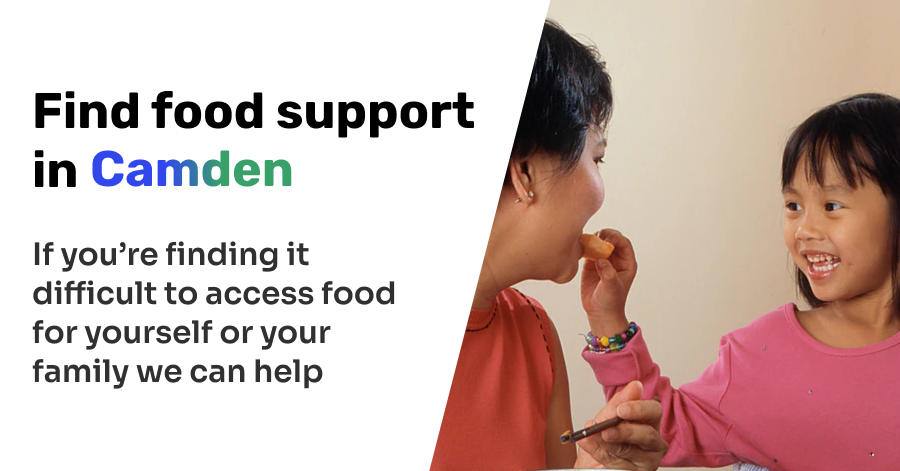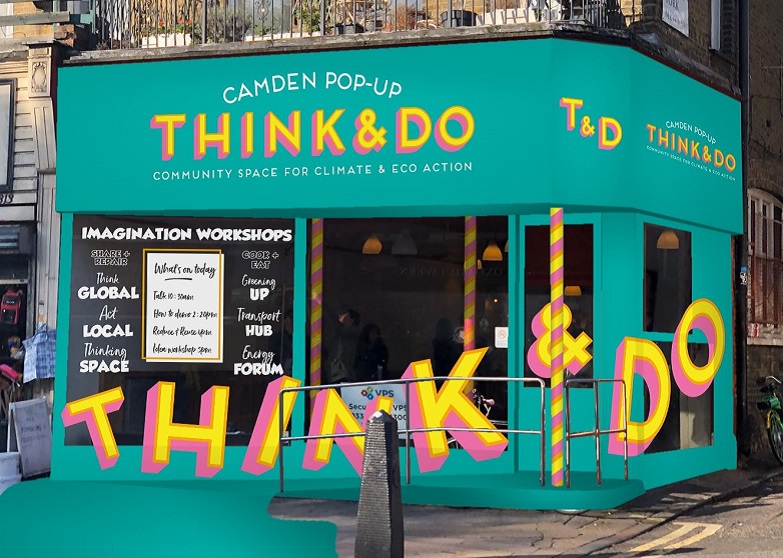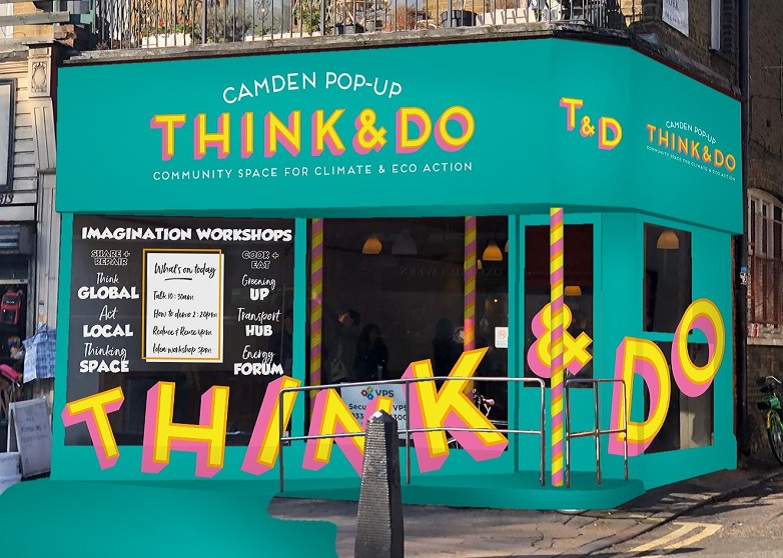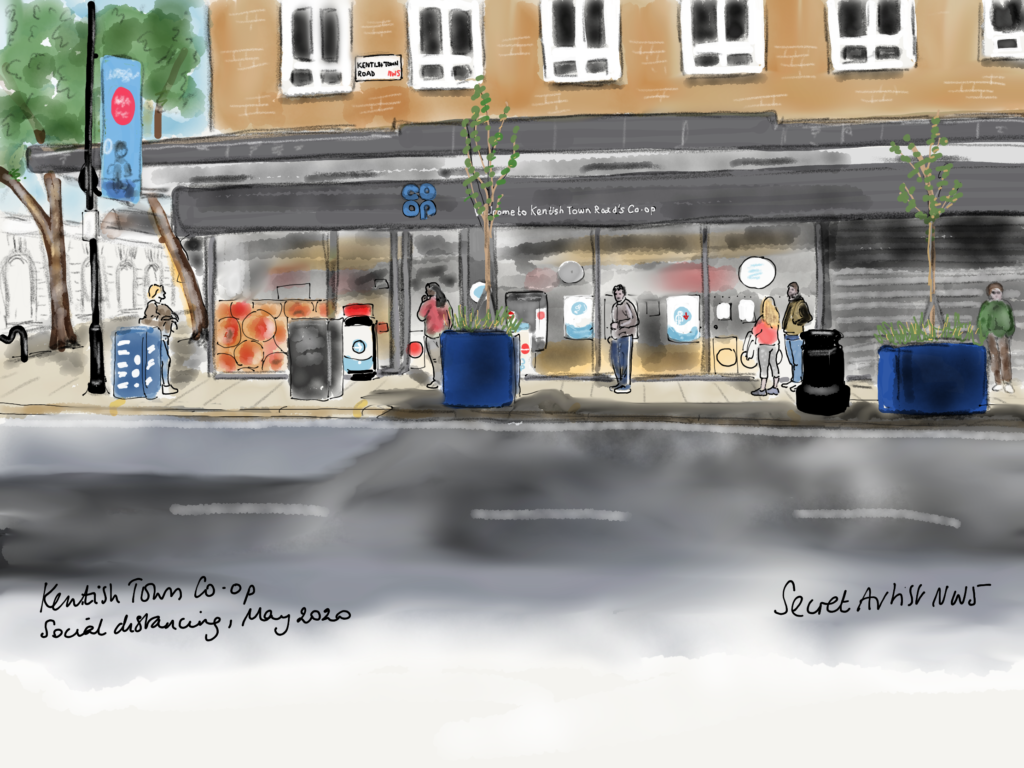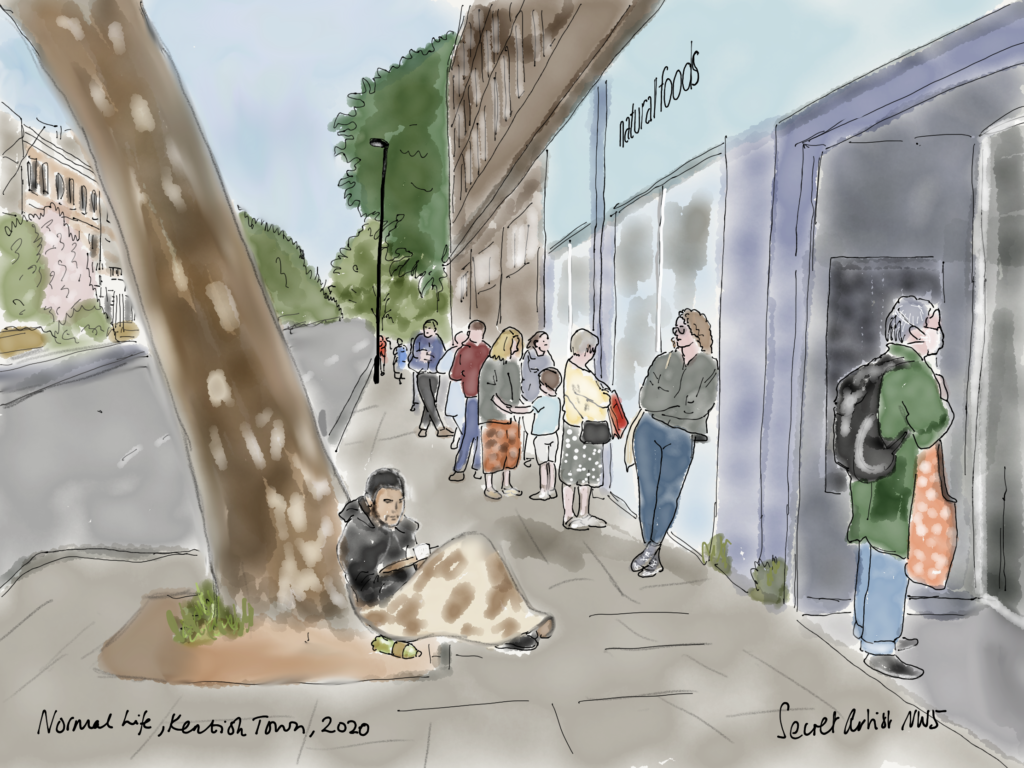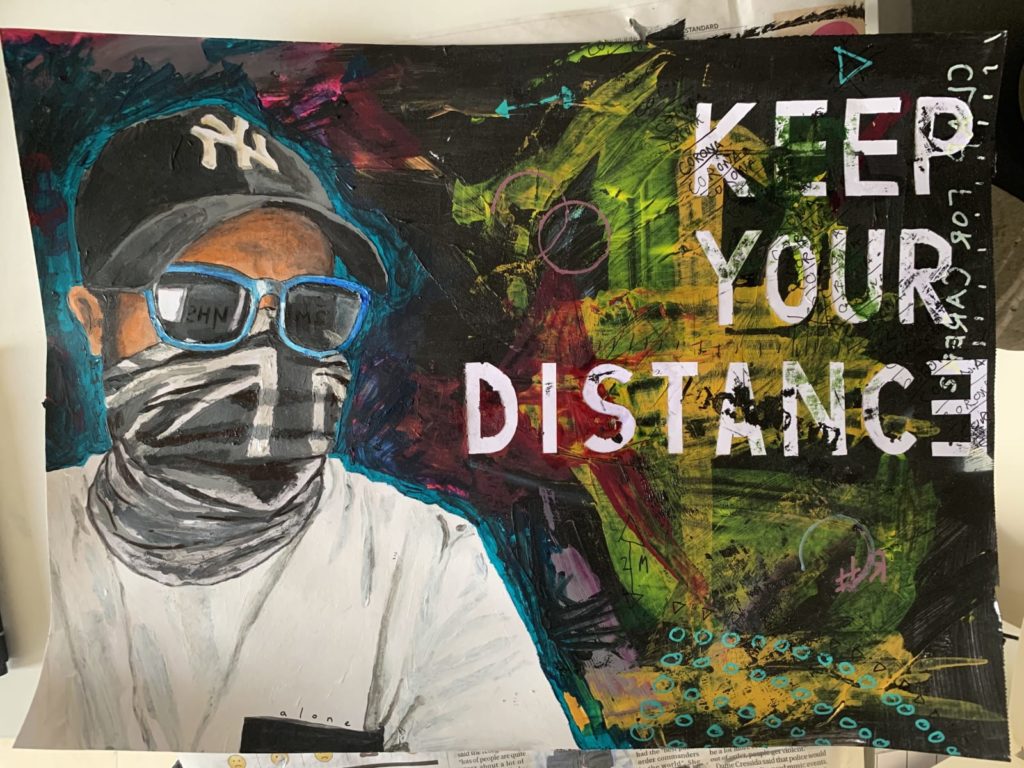This week the Camden Renewal Commission publishes its report – marking the culmination of over a year of work by Commissioners, community groups, partners and citizens. We have all worked together to understand and address the impact of the pandemic and inequality in our Borough, and develop ambitious and radical plans to make things better.
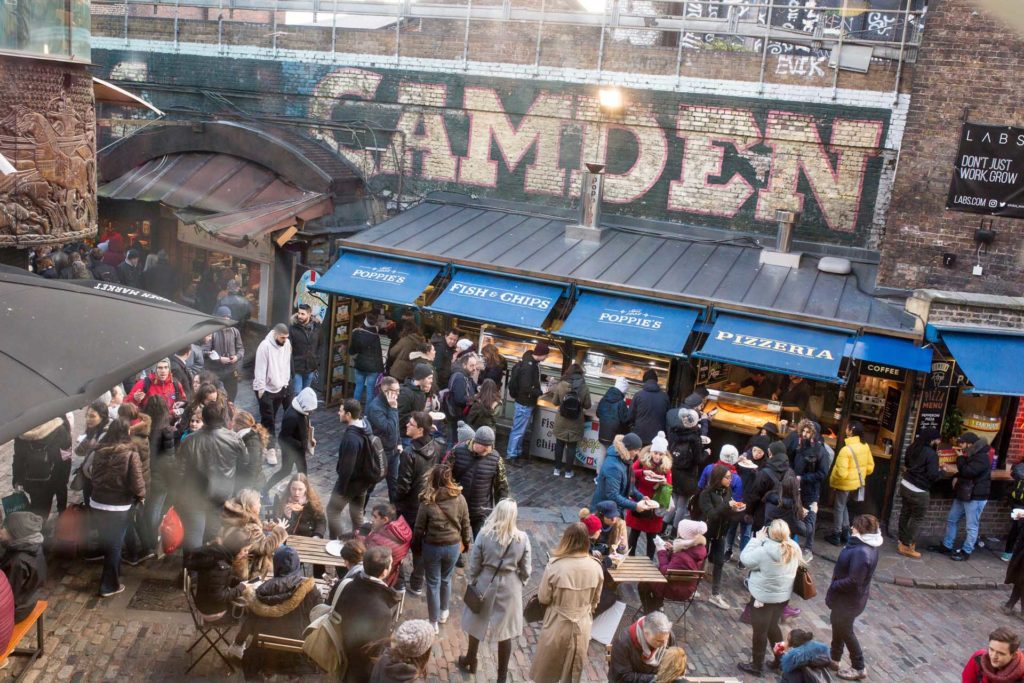
From thinking to doing
We have been driven by the ambition of our communities. In September we held We Make Camden, our first week of action to bring together and galvanise the community energy we know exists around making Camden a better, fairer, more just and more sustainable place. We will continue to build on this energy – recognising that this isn’t about the Council delivering, but also where our role is to facilitate, step aside and convene.
Some of what we are already doing we have outlined below:
- As part of our estates mission, we are bringing vacant spaces in estates into community use. This is in recognition of the importance of access to space, particularly in a central London borough where land and access to it is expensive, to community’s self determination and agency.
- Laying the foundation for our food mission, Cooperation Kentish Town, a community led group in the borough, set up a food co-operative during the pandemic to create an alternative, affordable community owned food offer in their neighbourhood.
- We’re working with Cooperation Kentish Town to help them scale this approach into a network of food co-operatives in the borough, supported by access to space to store and distribute food.
- On the diversity mission – that by 2030, those holding positions of power in Camden are as diverse as our community – and the next generation is ready to follow – we are starting to see the power of what a Council’s different levers can achieve to effect change in a place.
- Through our network of schools, working with Black Curriculum to ensure our curriculum celebrates Camden’s diverse history. We are diversifying school governor boards to ensure the people that live in Camden shape the way the area grows and develops by being the key decision makers in our important institutions.
- We’ve used our convening power to bring anchor institutions in the borough together (UCL, UCLH, Google, British Library, VAC, residents and Small Green Shoots) and create a set of shared ideas about what we can do together, which will lead in to further detailed work next year.
- To achieve the youth mission we are working to ensure we have a coherent offer for young people around work, training and education, and give young people real power to shape the future.
- A new Camden Youth Offer for young people aged 13 to 18, and up to 25 for young people who have a learning disability will encompass a broad range of services including sport, leisure, music, arts and culture as well as employment and training.
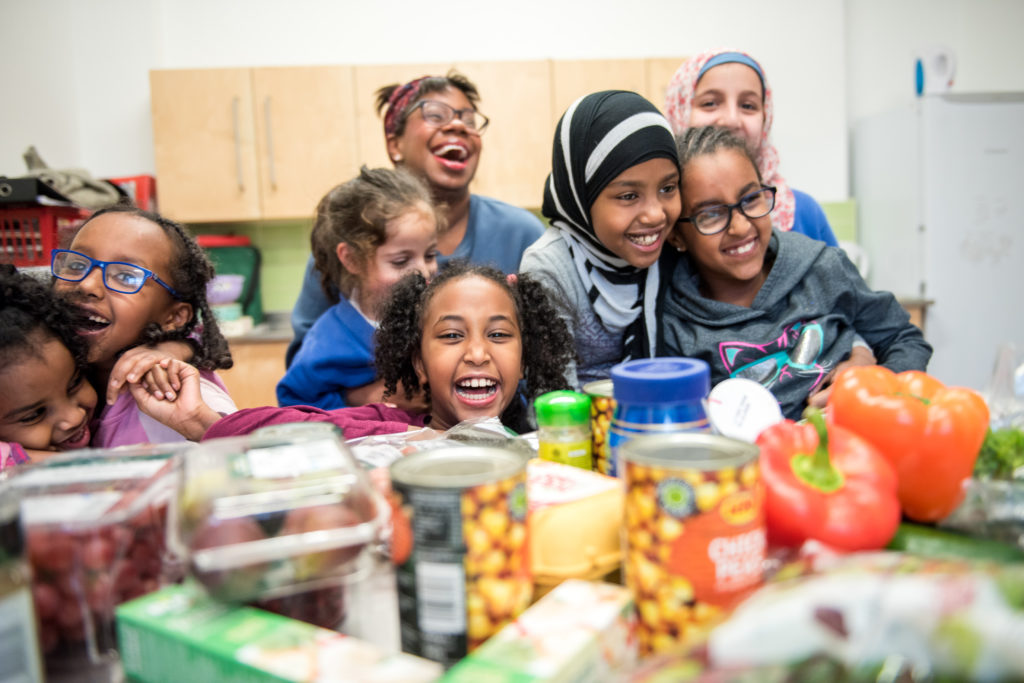
Taking the mission forward from here
Whilst we’ve made significant progress on taking forward these 4 important missions in a uniquely turbulent and challenging time, there is further to go. The missions give us the opportunity to work to longer time frames, across political cycles, to give the depth of focus we know is required to tackle complex challenges of this nature. We have the foundations of a network of community and organisational partners who can help us to take forward these big priorities
Now we need to:
- Identify those key projects that will help us make the best use of our resources and levers as an organisation to make progress towards the missions
- Measure and track the impact of early work, in order that it informs the work as it progresses
- Scale up the work we’ve done to enable resident leadership and activism in this first phase of the work, so it can continue to shape and influence the later work
- Deepen the new relationships we’ve been building with partners – and create new ones
We are so excited to see this work continue to develop and grow, including outlining the concrete actions the Council will be taking to support the missions over the coming years. We can’t wait to do this with our Commissioners, with the new partnerships we have developed through this process, and most importantly with our citizens and communities.
You can read the Commission’s full report HERE.
Visit We Make Camden to learn more about how our communities are taking the missions forward.



